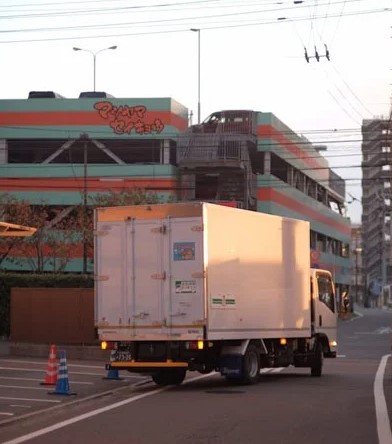South Africa has a thriving automotive market, with demand for both new and used cars growing steadily. Importing cars into South Africa provides consumers with access to a wide range of vehicles that may not be readily available within the country. Whether you’re a dealer or an individual looking to purchase a car from abroad, understanding the process of South Africa import cars is essential. This guide explores the key regulations and procedures involved in importing vehicles into South Africa.
Why South African Import Cars Are in High Demand
The South African automotive market is diverse, with a significant demand for high-quality cars from countries like the United Kingdom, Germany, Japan, and the United States. As consumers in South Africa seek both luxury and affordable options, importing cars becomes an attractive solution to meet these needs. South African import cars come with numerous benefits, including access to foreign brands, rare models, and competitive pricing.
The Process of Importing Cars into South Africa
Importing a car to South Africa involves several steps to ensure compliance with both South African law and international trade regulations. Here’s a breakdown of the key steps involved in the process:
1. Check Import Eligibility
Not all vehicles are eligible for import into South Africa. To be eligible for importation, the car must meet specific safety and environmental standards set by the South African government. Before proceeding with any transaction, it’s important to check whether the vehicle adheres to the necessary requirements.
2. Choose a Reliable Vehicle Exporter
When importing a car to South Africa, it’s crucial to work with a trusted exporter. A reliable vehicle exporter will help navigate the complex process of shipping the car and ensure that all paperwork and regulations are met. By working with experts, you can avoid delays or issues at customs.
3. Understand Customs Regulations
South African import cars are subject to specific customs regulations. One of the key considerations is the import duty and VAT (Value Added Tax) that must be paid when the car arrives in the country. Import duties vary depending on the type of vehicle and its value. It’s important to calculate these costs in advance to avoid surprises.
For a more detailed understanding of South African car import regulations, you can visit this page on South African customs regulations, which offers valuable information for potential car importers.
4. Complete the Necessary Documentation
To complete the import process, several documents must be submitted, including:
- Proof of ownership
- A valid passport or identification
- The vehicle’s original registration
- A Certificate of Conformity (if applicable)
- Proof of payment of customs duties and taxes
Having these documents prepared and in order ensures that the vehicle passes through customs smoothly and without delays.
5. Shipping the Vehicle
Once the paperwork is in order, the car can be shipped to South Africa. There are different shipping options available, including roll-on/roll-off (RoRo) and container shipping. RoRo is more cost-effective but exposes the car to the elements during transit. Container shipping provides more protection, especially for luxury or high-value vehicles.
6. Customs Clearance and Registration
Upon arrival in South Africa, the car must go through customs clearance. Once customs duties and VAT have been paid, the car can be registered with the South African authorities. This step is crucial before the car can be legally driven on South African roads.
Key Considerations When Importing South African Cars
- Import Duty and Taxes: The South African government imposes duties and taxes on vehicles brought into the country. These fees can vary based on the value of the vehicle, its age, and other factors. Be sure to calculate the total costs involved before proceeding with the import.
- Vehicle Age Restrictions: South Africa has restrictions on the age of vehicles that can be imported, particularly for used cars. Generally, vehicles older than 10 years may face higher duties or restrictions. It’s important to confirm the age requirements before importing.
- Emission Standards: South Africa has strict regulations on vehicle emissions. Cars imported into the country must meet local environmental standards, which may require modifications for certain vehicles.
- Local Dealership Regulations: Some regulations may apply if you are a car dealer in South Africa. You’ll need to ensure compliance with the standards set by the National Regulator for Compulsory Specifications (NRCS) for any vehicles sold.
The Benefits of Importing Cars from Abroad
There are numerous advantages to South African import cars, including:
- Access to Rare Models: Some car models are not readily available in South Africa, and importing allows you to access these exclusive vehicles.
- Better Pricing: Imported cars, especially used vehicles, can often be more affordable than locally available models, giving you the opportunity to purchase high-quality vehicles at competitive prices.
- Variety of Choices: Importing gives you access to a wider range of makes, models, and configurations, allowing you to find exactly what you’re looking for in a car.
Conclusion
South African import cars offer significant advantages for buyers looking to expand their vehicle options. By understanding the necessary regulations and working with trusted vehicle exporters, you can streamline the process and ensure a successful import. Whether you are looking for luxury vehicles, specific models, or competitive pricing, importing a car from abroad can be a great option.
